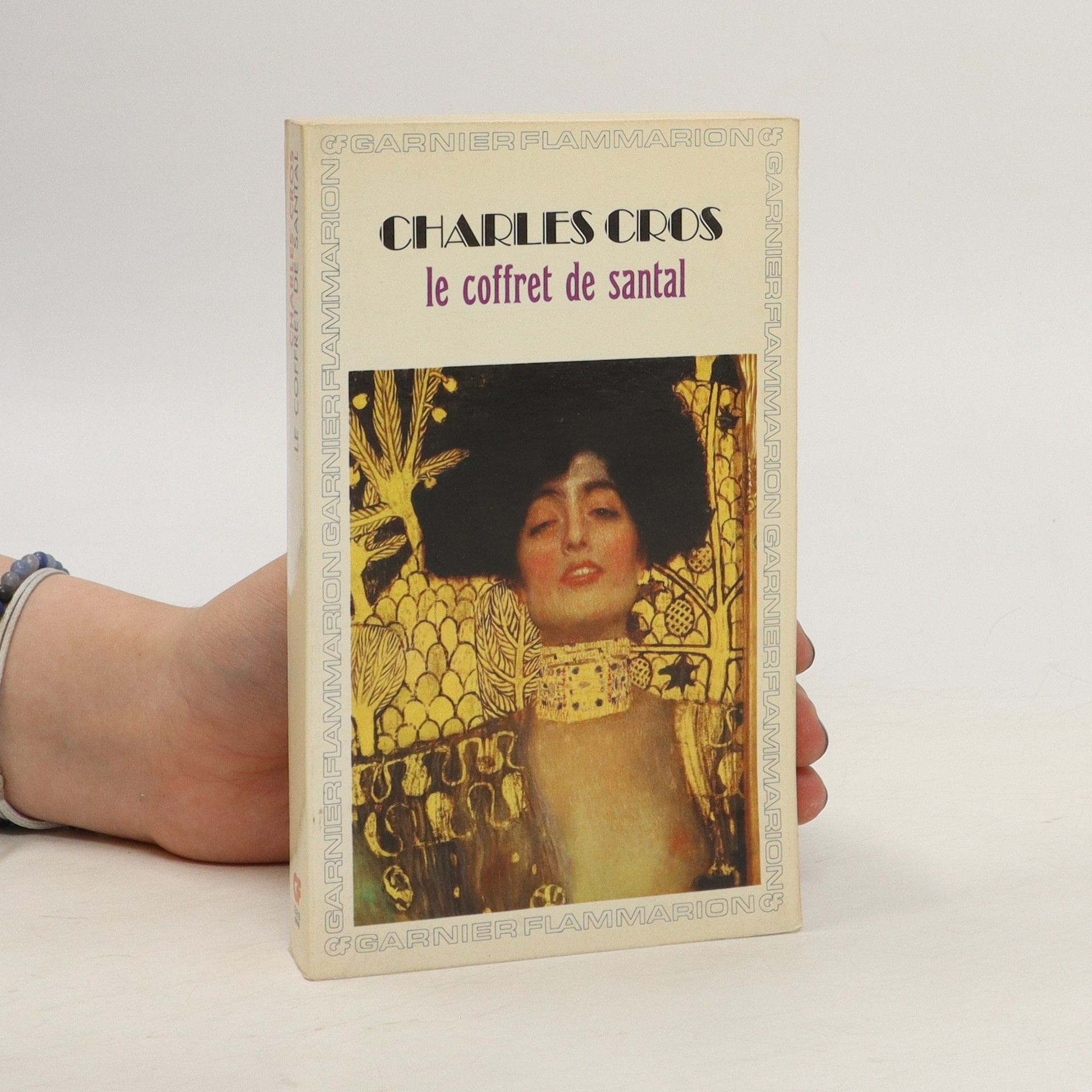Principles of Cerebral Mechanics
- 120pagine
- 5 ore di lettura
Questo poeta francese e creatore versatile è celebrato per il suo umorismo distintivo e il suo talento poetico. La sua opera è caratterizzata da invenzione e uno spirito giocoso, esplorando spesso idee e forme insolite. Sebbene apprezzato per la sua produzione letteraria, il suo pensiero si avventurò anche in numerosi altri campi, inclusa l'invenzione. Il suo approccio unico al linguaggio e al mondo ha lasciato un segno indelebile nella letteratura.




[i]The Science of Love and Other Writings[/i] brings together for the first time in English all the literary prose of Charles Cros. An indefinable polymath of fin-de-siécle Paris, Cros’s imagination had one foot in the literary currents of his time, and the other in the field of science. This amalgamation is fully demonstrated in this collection, which includes proto-science-fiction stories; his contributions to what was then the new form of the prose poem; a sober, if fantastical, scientific study on methods of communication with other planets; and the patent application written with his brother for a (never-built) notating keyboard.The literary imagination he was able to bring into the field of science was matched by the humorous scientific sobriety he introduced into his literature, which he did nowhere so effectively as in the title piece, “The Science of Love”: a depiction of a young scientist’s painstakingly executed seduction of a woman for the sake of scientific analysis, utilizing litmus paper and measuring releases of carbonic acid during maximized passion. Its humor led Joris-Karl Huysmans to include it in the rarefied library of À rebours, where the College de ’Pataphysique declared “An Interplanetary Drama” to be a “canonical text.” Also included are stories such as “The Newspaper of the Future” (which presents a nineteenth-century imagining of artificial intelligence) and “The Stone Who Died of Love.”
Výbor z básní i próz jednoho z nejvýraznějších francouzských prokletých básníků. Svým dílem, nepříliš rozsáhlým, ale velmi rozmanitým, které zahrnuje milostnou i humornou poezii ve verších i v próze, oplývající fantastickoulehkostí a svěží melodičností písní a jiskřivými krátkými spojeními, do něhož však náležejí i vědecká pojednání z oboru fyziky a chemie, Cros vytváří básnickou koncepci absurdity moderního člověka.